It’s been about seven years since Randy Smith last interviewed Jason Xing, the President/CEO of North America for Empyrean Software, so the timing felt good for a fresh update. I’ve been watching Empyrean at DAC for several years now, and have come away impressed with their growth and focus on some difficult IC design… Read More
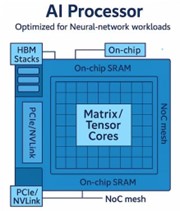 Hardware is the Center of the Universe (Again)The 40-Year Evolution of Hardware-Assisted Verification — From…Read More
Hardware is the Center of the Universe (Again)The 40-Year Evolution of Hardware-Assisted Verification — From…Read More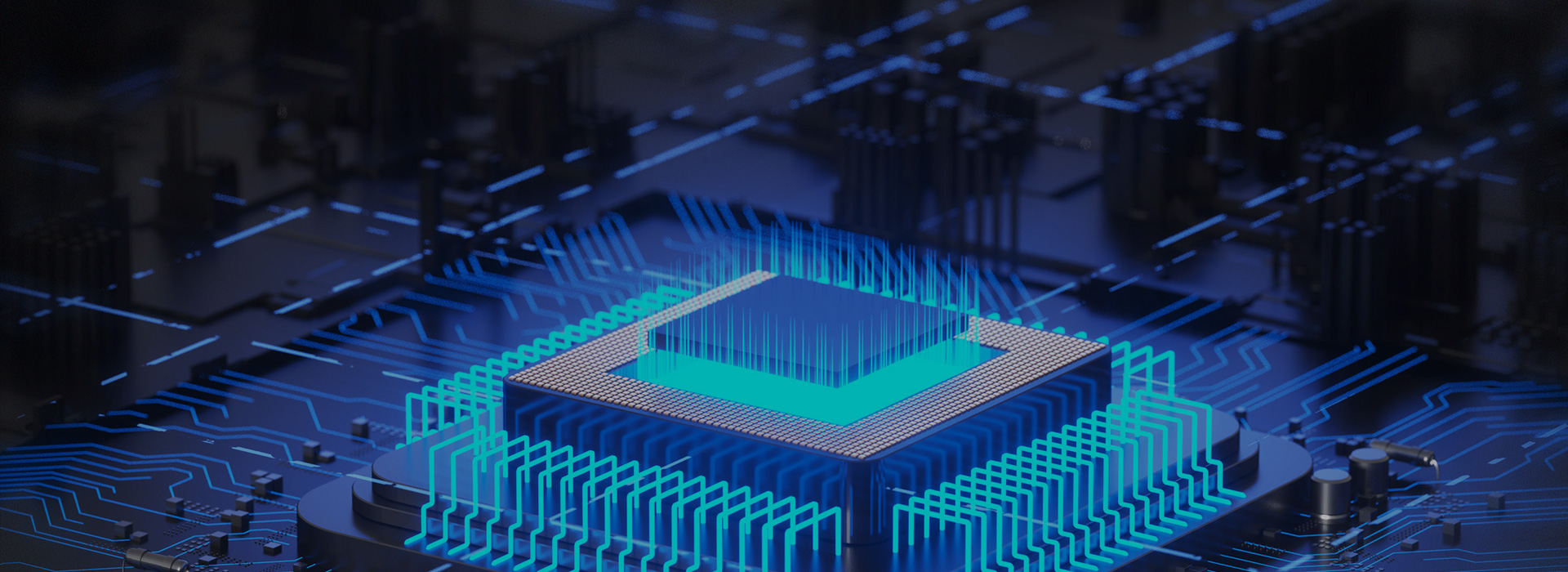 Smarter ECOs: Inside Easy-Logic’s ASIC Optimization EngineEasy-Logic Technology Ltd. is a specialized Electronic Design…Read More
Smarter ECOs: Inside Easy-Logic’s ASIC Optimization EngineEasy-Logic Technology Ltd. is a specialized Electronic Design…Read More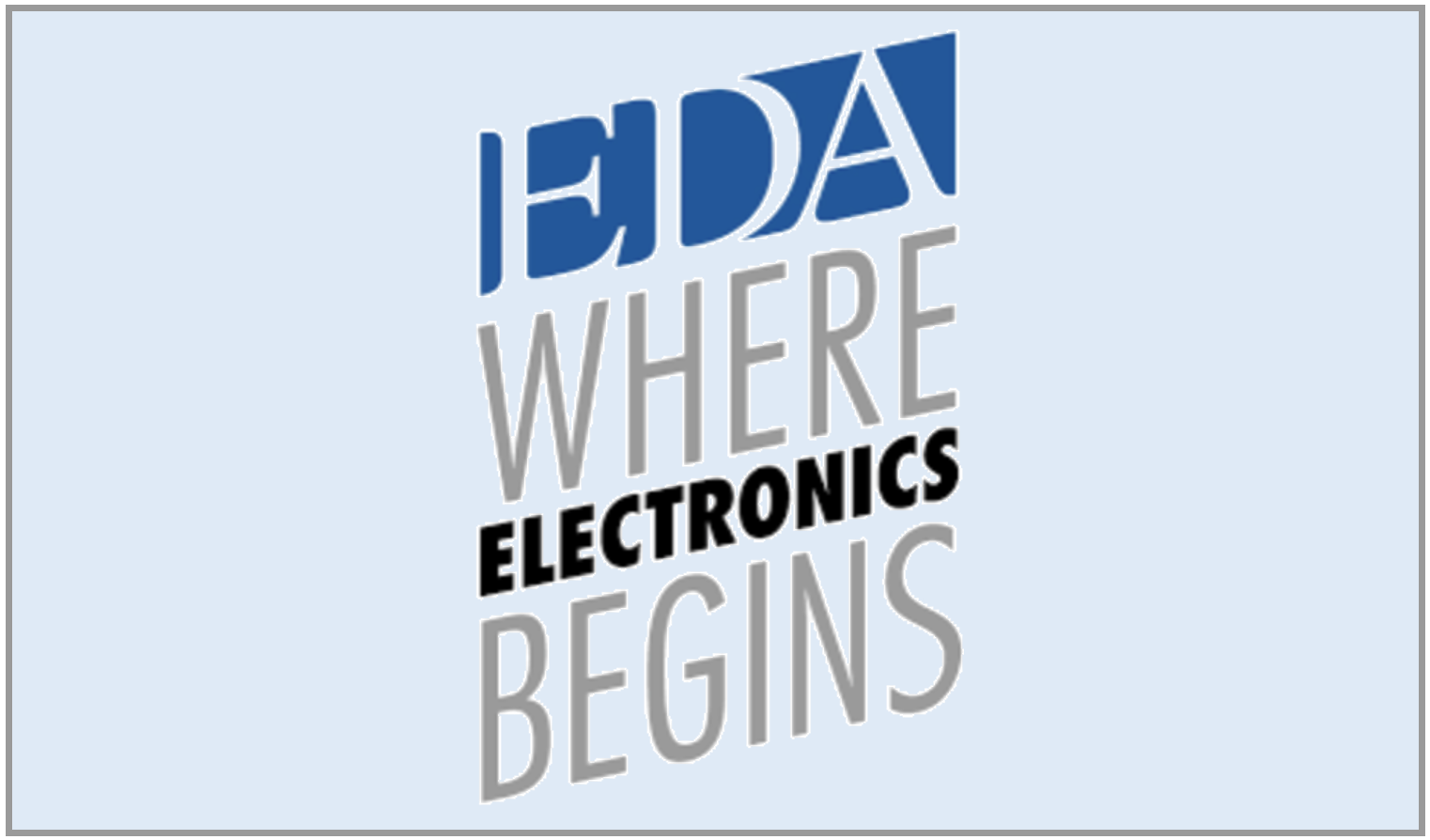 The Name Changes but the Vision Remains the Same – ESD Alliance Through the YearsThe Electronic System Design Alliance (ESDA) has been…Read More
The Name Changes but the Vision Remains the Same – ESD Alliance Through the YearsThe Electronic System Design Alliance (ESDA) has been…Read More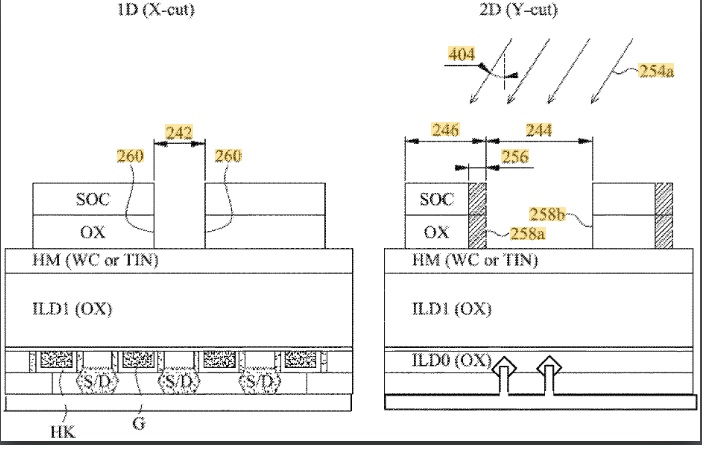 TSMC Process Simplification for Advanced NodesIn the modern world, the semiconductor industry stands…Read More
TSMC Process Simplification for Advanced NodesIn the modern world, the semiconductor industry stands…Read More CEO Interview with Juniyali Nauriyal of PhotonectJuniyali Nauriyal is the CEO and Co-Founder of…Read More
CEO Interview with Juniyali Nauriyal of PhotonectJuniyali Nauriyal is the CEO and Co-Founder of…Read MoreUsing ML Acceleration Hardware for Improved DSP Performance
Some amazing hardware is being designed to accelerate AI/ML, most of which features large numbers of MAC units. Given that MAC units are like the lego blocks of digital math, they are also useful for a number of other applications. System designers are waking up to the idea of repurposing AI accelerators for DSP functions such as … Read More
Tracing Technology’s Evolution with Patents
We live in an age of abundant information. There is a tremendous exchange of ideas crisscrossing the world enabling new innovative type of products to pop up daily. Therefore, in this era there is a greater need to understand competitive intelligence. Corporate companies today are interested in what other competitors are brewing… Read More
Wi-Fi Bulks Up
Wireless discussion these days seems to be dominated by 5G, but that’s not the only standard that’s attracting attention. The FCC just circulated draft rules to dramatically expand bandwidth available to Wi-Fi in the new Wi-Fi 6e standard.
Is this a tragic plea for attention from a once-important standard, now eclipsed by its … Read More
ASML A Scenario More Lumpy While Demand and Tech Remain Solid Despite Covid Delays
Covid issues create “lumpy” quarters due to delays
Orders & demand remain solid and strong
2020 Year financials intact so far but ignore Qtrs
Taking prudent actions- no buybacks or guidance
As expected, Covid impacts both shipments & supply chain, ignore the near term lumpiness…
ASML reported revenues… Read More
Accelerating Edge Inference with Flex Logix’s InferX X1
For a long time, memories were the primary technology driver for process development. If you built memories, you got access to cutting-edge process information. If you built other products, this could give you a competitive edge. In many cases, FPGAs are replacing memories as the driver for advanced processes. The technology… Read More
How does TensorFlow Lite on Tensilica HiFi DSP IP Sound?
In all the hubbub about AI/ML, it’s easy to see why visual ML gets more attention. It’s got appeal because of applications such as autonomous driving. Because of this it’s easy to overlook the importance of audio ML. I own a Tesla and putting it into autopilot is very cool, but even it has voice recognition built in as an important feature… Read More
The Quiet Giant in Verification IP and More
In the technology industry, we’re all used to the hype about the latest and greatest. Semiconductor IP participates in the over-drive news cycle from time to time as well. So, when I see a company that has real, solid credentials but has resisted the temptation to over-hype, it gets my attention. I had an experience like this recently… Read More
That Last Level Cache is Pretty Important
Last-level cache seemed to me like one of those, yeah I get it, but sort of obscure technical corners that only uber-geek cache specialists would care about. Then I stumbled on an AnandTech review on the iPhone 11 Pro and Max and started to understand that this contributes to more than just engineering satisfaction.
Caching
A brief… Read More
SPIE 2020 – ASML EUV and Inspection Update
I couldn’t attend the SPIE Advanced Lithography Conference this year for personal reasons, but last week Mike Lercel of ASML was nice enough to walk me through the major ASML presentations from the conference.
Introduction
In late 2018, Samsung and TSMC introduced 7nm foundry logic processes with 5 to 7 EUV layers, throughout … Read More






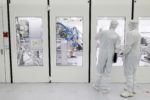


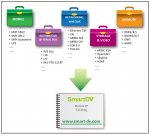


The Name Changes but the Vision Remains the Same – ESD Alliance Through the Years